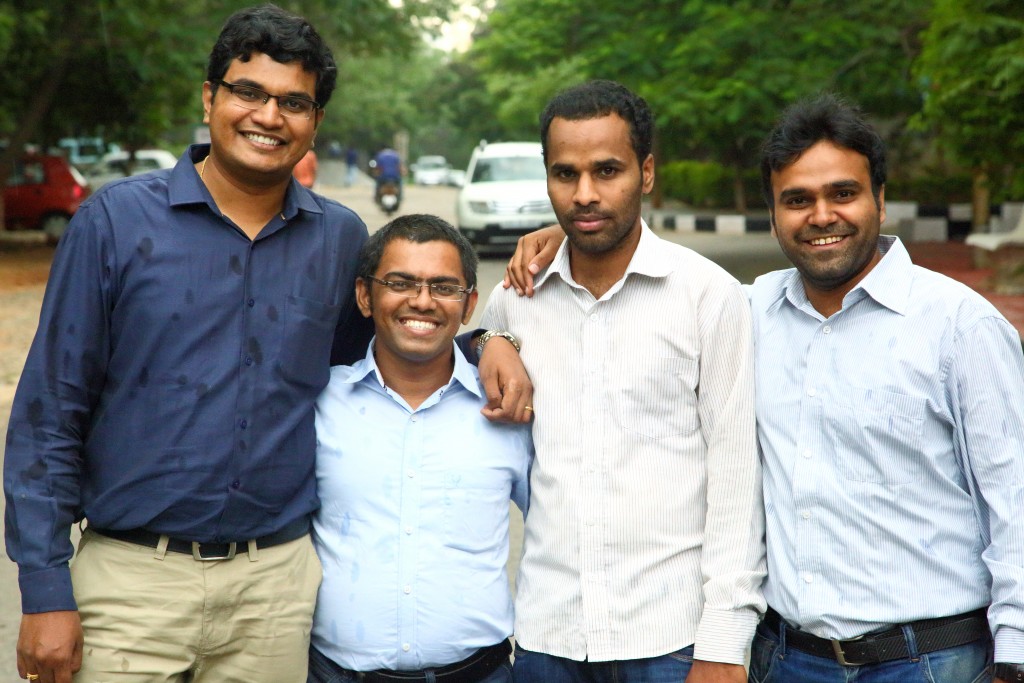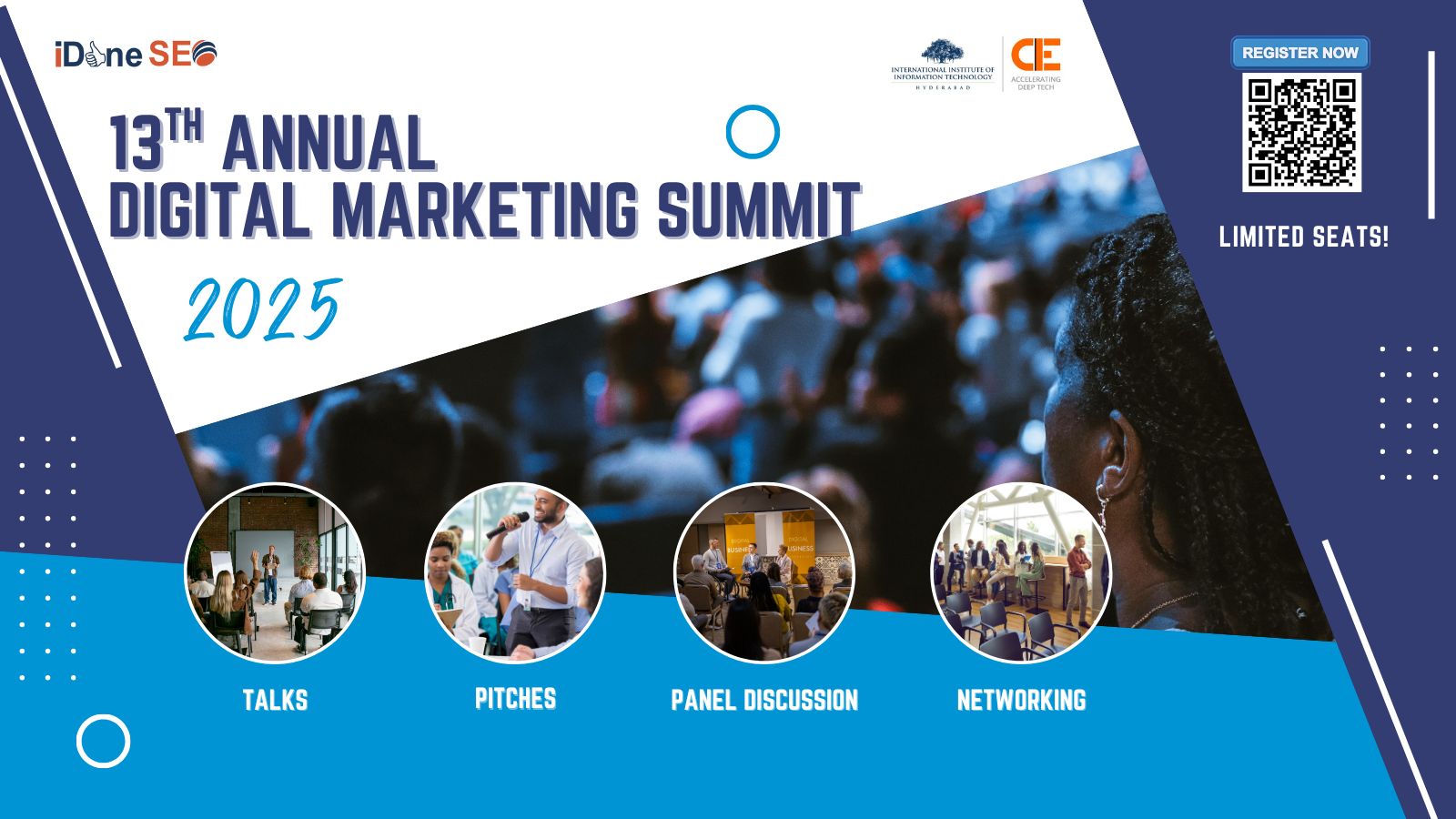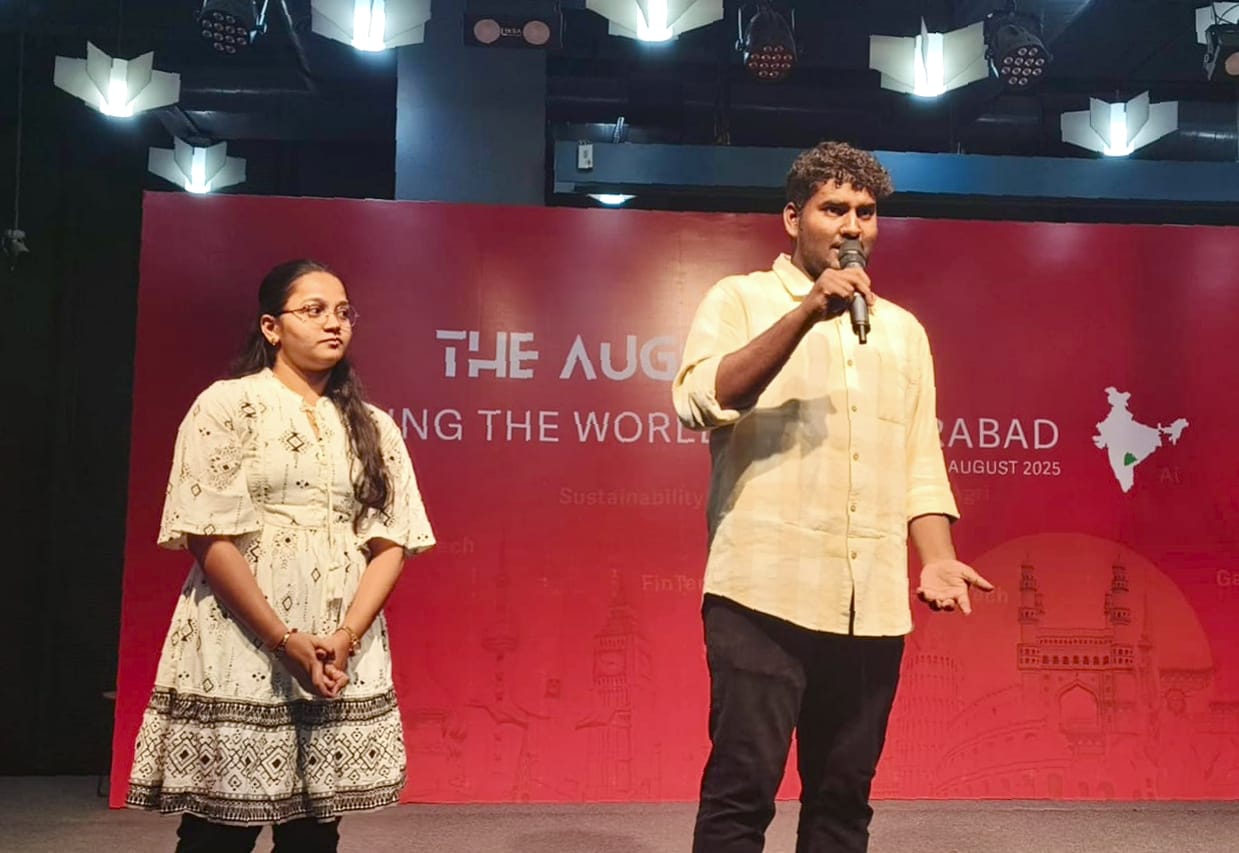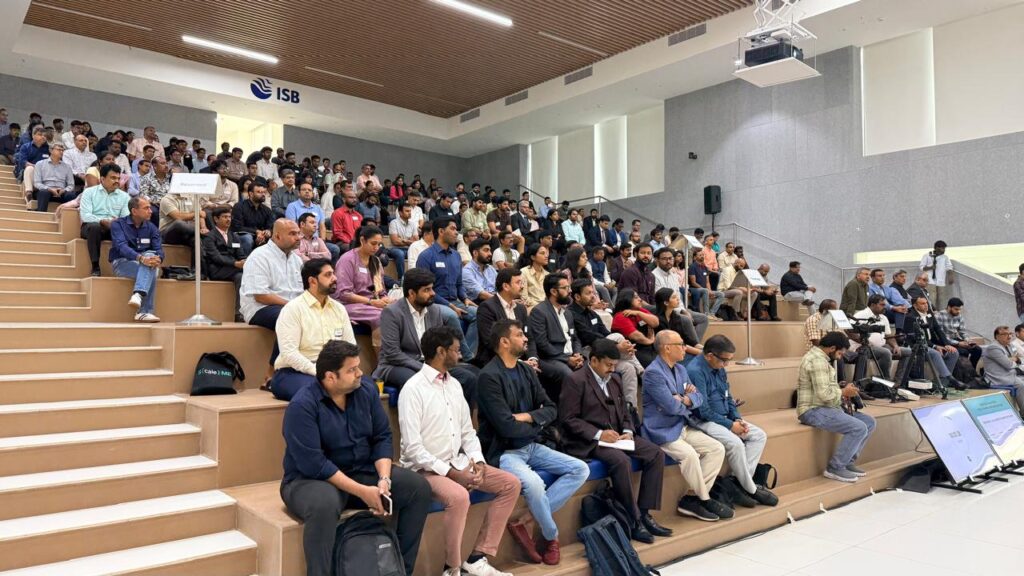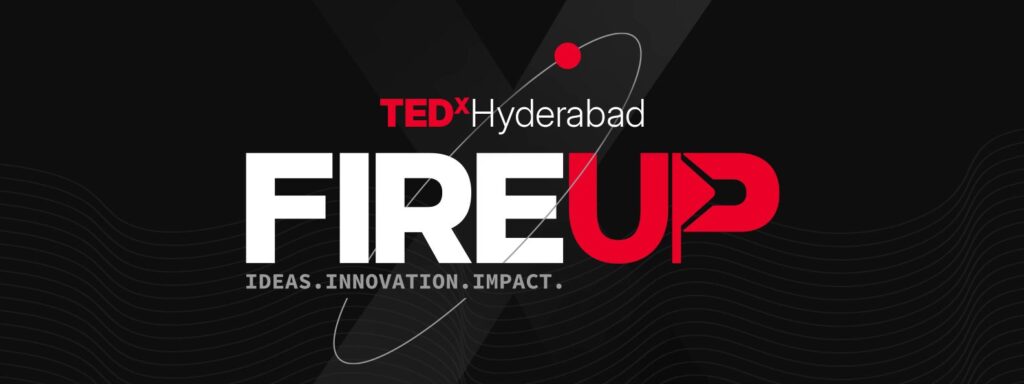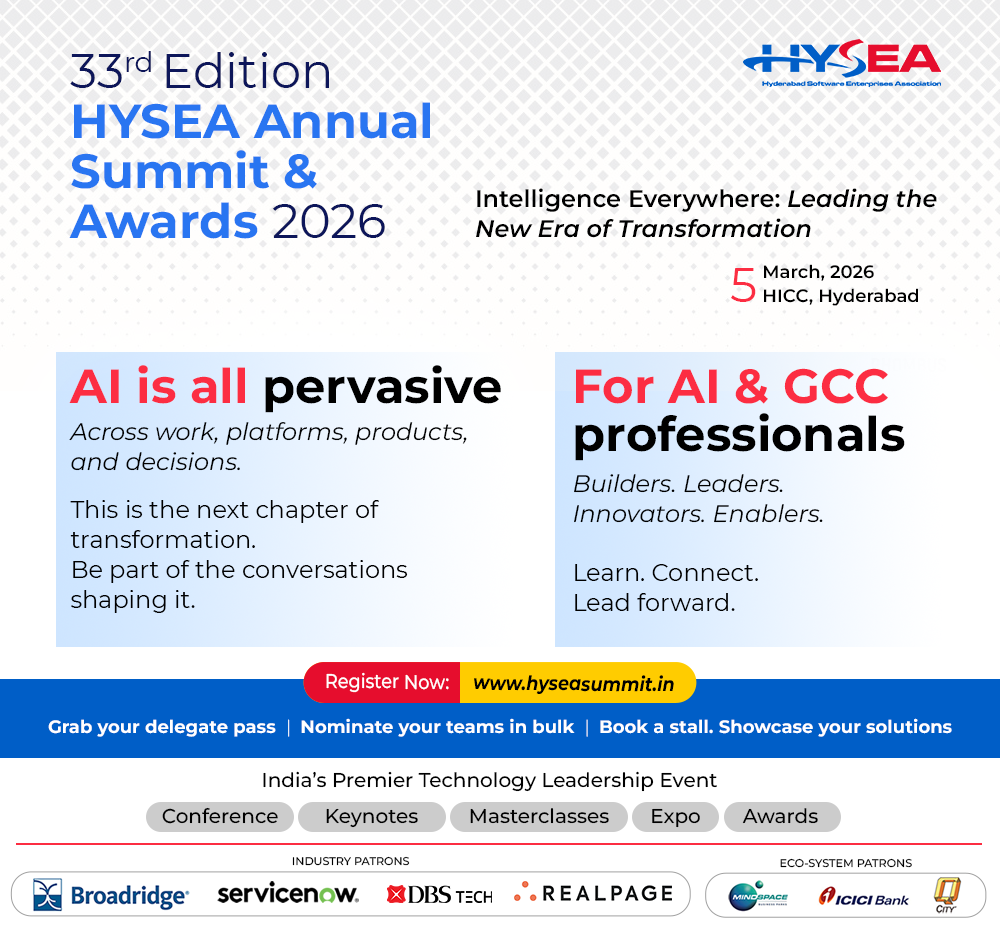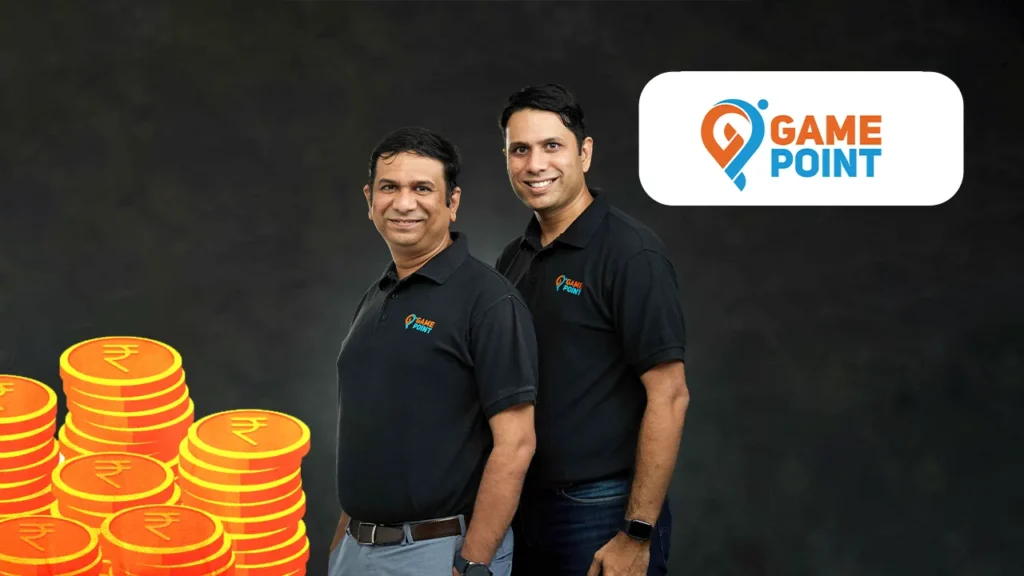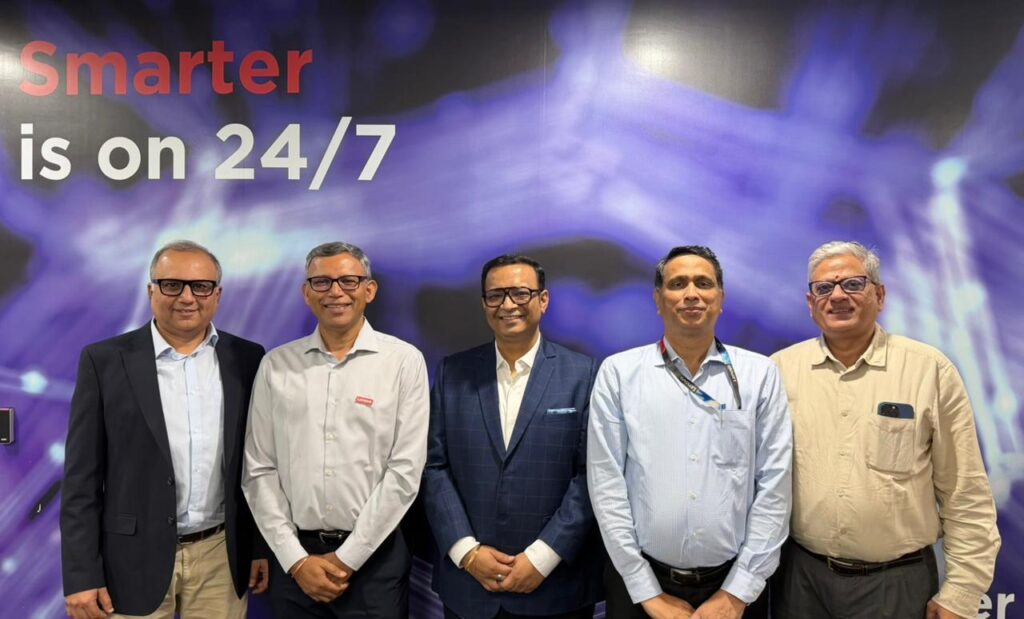Startups being valued very high, having very high burn rates and being unsure if they will ever turn profitable has been the talk of startup circles in the recent past. While most startups are finding it difficult to explain if their Unit economics will ever make sense, huge amounts of funding is being raised to sustain operations which is only creating more problems. This stirred a Unicorn vs Cockroach debate in the startup and investment communities. The result of this debate is certainly leaning more towards investors preferring cockroaches over unicorns lately.
Unit economics is the fundamental building block for most great companies and is important for businesses of all sizes. Even if the company is not profitable in the beginning, if a company can identify its unit economics, then it can effectively determine break even points and margins, both of which define success. Unit economics will play an important role in identifying sustainable businesses.
Vaave is one such startup that is rightly focussing on unit economics and sustainable growth! Vaave is a SaaS platform to build exclusive alumni networks.It has about 100 paying customers with an enviable zero churn rate and its Annual Recurring Revenue grew 5 times over the past one year.
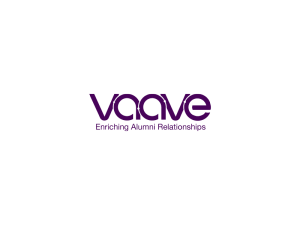
CAC (Customer Acquisition Cost) and LTV (Life Time Value) are two important parameters of Unit economics. These are a representation of gross margin, annual/monthly churn rate and annual/monthly revenue per customer which can help one make an effective assessment of the state of a business. The LTV/CAC ratio determines the return on investment. High LTV by CAC ratio means that the customers are contributing more value to the company than the cost of acquiring them.
Vaave has an LTV/CAC ratio of about 7.5 which is great (LTV/CAC ratio of 3 is considered ideal for any SaaS business). This means that even if Vaave incurs higher costs of acquiring customers while scaling up, it will still be a sustainable and profitable business. Optimization of operational costs and a sustainable sales machine made this possible for Vaave.
Focus on unit economics is extremely important because that is what tells us if the company is sustainable. We are happy that our mentors pushed us to focus on the right things. We need an investment right now to scale up and grow faster. But our LTV/CAC ratio gives us a confidence that we don”t have to panic even if we don”t receive a funding. This eliminates the pressure and helps us focus on our product and providing the best value for our customers. We require investments only to increase the pace of our growth but not to sustain. And it is our hope that investors shift their focus to unit economics. It will make raising money harder for startups as valuations will come down, but it will also be a great step towards identifying and supporting viable and sustainable businesses., say cofounders of Vaave, Paresh and Sanjeev.
Vaave helps institutions build and manage an updated alumni database, organize successful reunions & alumni meets, involve alumni in student development, raise funds from alumni and engage alumni effectively. Few happy customers of Vaave include University of Mysore, Indian Institute of Technology (BHU) Varanasi, Visvesvaraya National Institute of Technology Nagpur, S P Jain Institute of Management & Research, Symbiosis Institute of Business Management etc.
Vaave recently went international by signing up with “Global ESchools and Communities Initiative(GESCI)” run by United Nations ICT Task Force in Kenya and the company is also in talks with a few corporates to launch their alumni networks very soon.
Industry Interaction and Alumni Giving Back will transform the education landscape solving the Quality and Infrastructure problems. Alumni Interaction directs impacts the employability of students. We envision connecting every institution and organization in the world with its alumni., say Paresh and Sanjeev.
